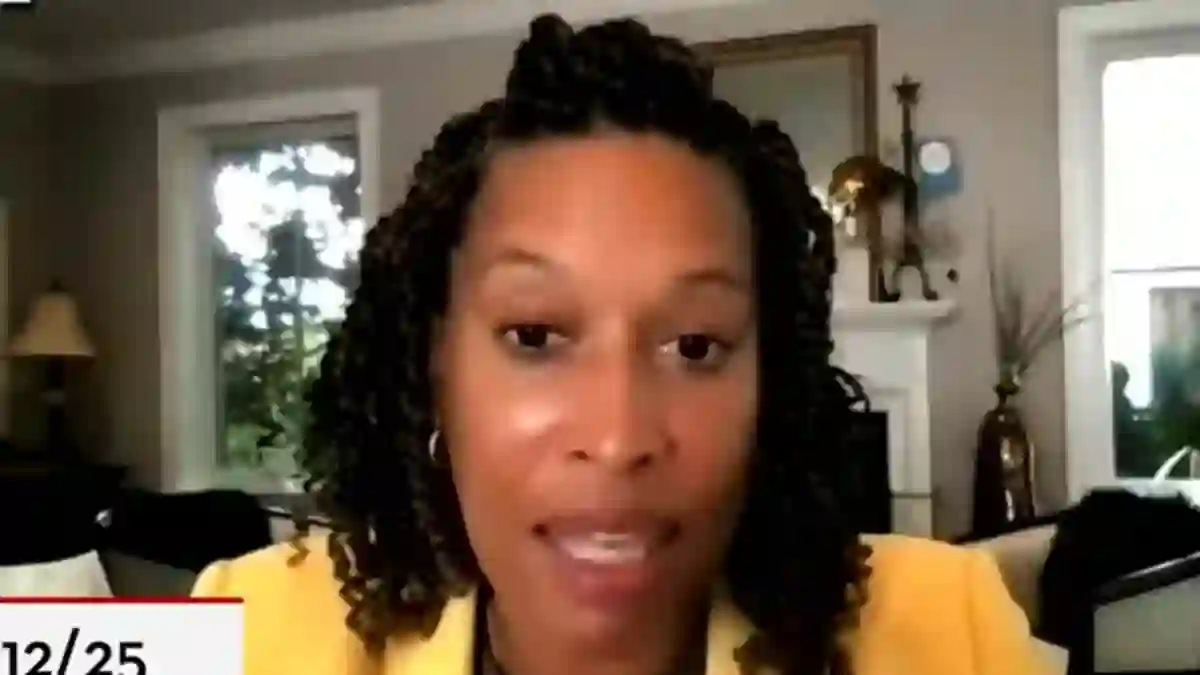Washington DC residents were taken aback this week as National Guard troops moved into the city, sparking a heated debate over federal intervention and local autonomy.
The deployment, ordered by former President Donald Trump, has drawn sharp criticism from city leaders who see it as an overreach.
Mayor Muriel Bowser Labels Action an Authoritarian Push
At a Tuesday town hall, Mayor Muriel Bowser described the federal troop presence as an “authoritarian push” that threatens the city’s autonomy.
She encouraged residents and faith groups to stay engaged and protect the city.
“This is a time when the community needs to jump in,” Bowser said.
“Protect our home rule and ensure we elect a Democratic House to provide a backstop against this overreach.”
Bowser acknowledged that while the federal action was “unsettling and unprecedented,” it wasn’t entirely unexpected.
National Guard Arrives as Part of Crime Control Effort
Troops began arriving Tuesday evening, with camouflaged officers and military Humvees stationed around the National Mall.
Other law enforcement officers were seen stopping vehicles and speaking with residents.
A nearby Master Sgt described the presence as a “presence patrol” that lasted about two hours before the forces departed.
Trump Teases Nationwide Expansion of Rapid Reaction Force
Documents reviewed by The Washington Post reveal that Trump has considered creating a “Domestic Civil Disturbance Quick Reaction Force” capable of deploying 600 troops anywhere in the U.S. within an hour.
The former president suggested the approach could extend to other major cities, including New York, Chicago, Los Angeles, Baltimore, and Oakland.
“This will go further,” Trump said. “We’re going to take back our capital and then we’ll look at other cities also.”
Arrests and Enforcement Highlight Federal Push
FBI Director Kash Patel reported that 23 people were arrested in the city with federal support.
Arrests ranged from murder charges to unlawful possession of firearms, DUIs, and violations of restraining orders.
White House press secretary Karoline Leavitt added that around 850 officers and agents had been deployed citywide.
The federal deployment, announced on Monday, was framed by Trump as an effort to “rescue our nation’s capital from crime, bloodshed, bedlam, and squalor.”
Trump vowed to take aggressive action against the city’s worst offenders and also promised to clear homeless encampments from public spaces.
Trump Highlights Recent Crimes as Justification
During a press conference with cabinet members, Trump cited high-profile crimes, including the shooting death of a congressional intern, the murder of a former administration official, a carjacking targeting a congressman, and other violent incidents, arguing the city was in crisis.
He also referenced past tragedies, including the stabbing of a senator’s aide and the shooting of a young child near the Capitol, as evidence of escalating danger.
Crime Statistics Dispute Federal Narrative
Mayor Bowser has contested the federal narrative, pointing to official statistics showing violent crime in DC has actually decreased.
Violent crime dropped 26% in 2025, and 2024 saw a 30-year low in homicides, with 190 reported compared to 274 the previous year.
Bowser has also created a special police task force to tackle underage crime and pushed back on claims comparing DC to war-torn cities.
National Guard Plans and Budget Considerations
Trump’s proposed Quick Reaction Force would station troops at military bases in Alabama and Arizona, splitting deployment between the eastern and western U.S. National Guard officials had begun drafting the plan in late July, with a projected earliest implementation in 2027 using Pentagon funding.
Earlier this year, Trump deployed over 5,000 National Guard troops and active-duty Marines to Los Angeles to respond to protests, setting a precedent for his approach to rapid federal intervention.
